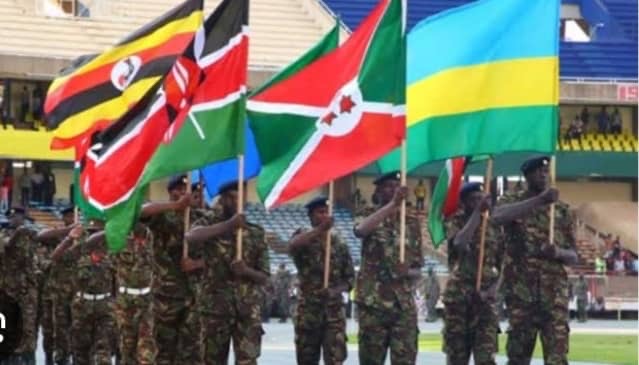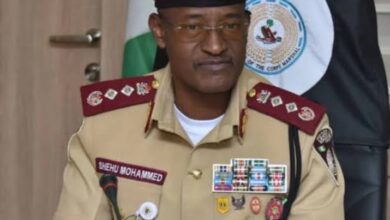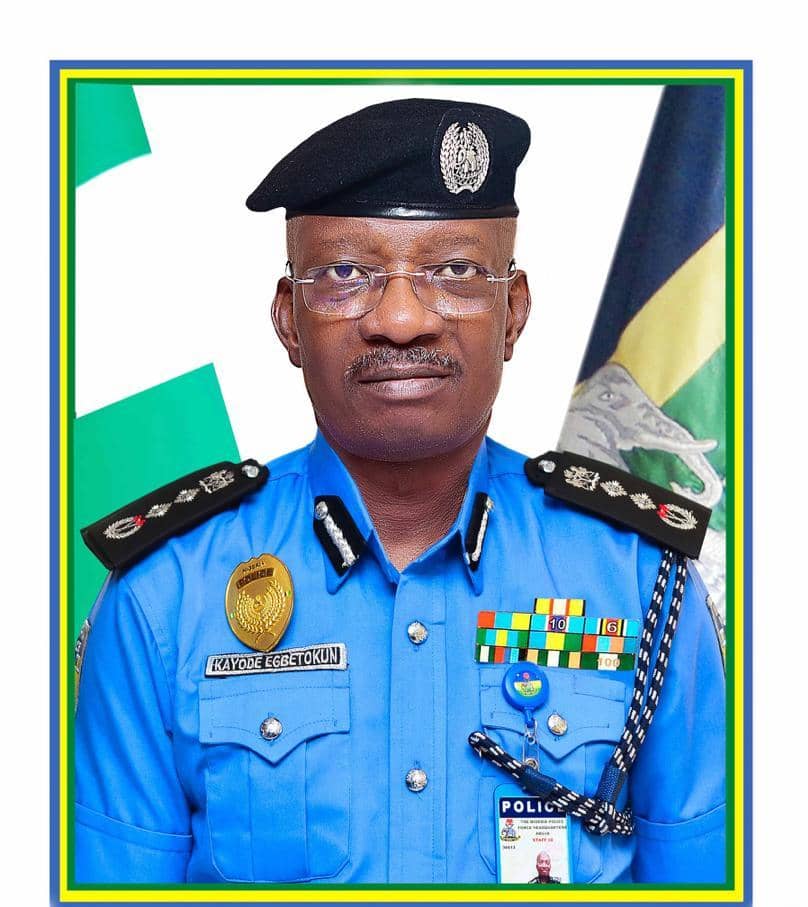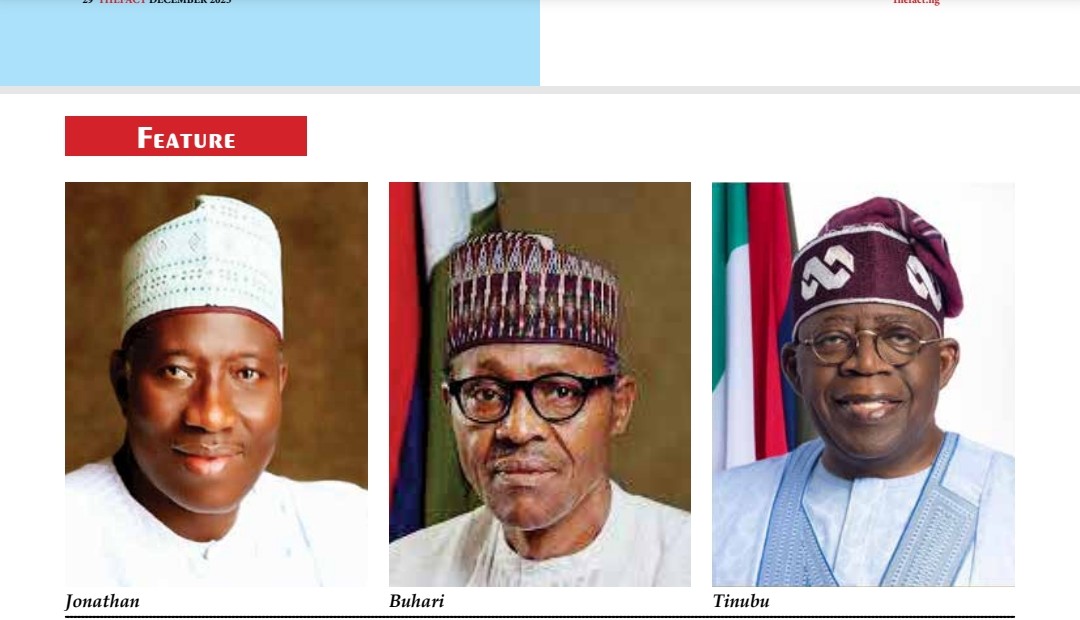
The second edition of the African Military Games took place in Abuja, Nigeria, from November 18 to November 30. The significant event brought together over 500 athletes from across the continent, marking a notable milestone in African military sports history.
Following a 22-year break since the inaugural games in Nairobi, Kenya, in 2002, the return of this competition, themed “Enhancing Military Cooperation Through Sports,” was aimed at strengthening military solidarity across Africa, promoting African cultural diversity, and fostering unity among nations. It reflected Nigeria’s military prowess in not only fostering military collaboration and unity but also setting a new standard for sports development in the country and the continent, thus sealing her position as the giant of Africa in various aspects: economy, security, sports, and others.
The opening ceremony on November 20 featured military parades and cultural performances, showcasing the rich diversity of participating nations. The Vice President, Kashim Shettima, in his address, welcomed participants to Abuja, emphasising the event’s role in bridging divides and showcasing Africa’s commitment to unity through sports. He noted that the games represent more than just competition—they highlight a united African identity and symbolise a cooperative approach to regional security challenges.
The Chief of Defence Staff (CDS), General Christopher Musa, echoing these sentiments, emphasised the importance of the games in strengthening relationships among African military forces and fostering unity and regional cooperation.
He underscored Nigeria’s commitment to enhancing collaboration within the Organisation of Military Sports in Africa, describing the games as an opportunity for African armed forces to engage in healthy competition, share best practices, and build relationships that contribute to continental stability.
Over 30 countries participated in the tournament, including, interestingly, Mali, Burkina Faso, Niger, and Libya, countries that had previously withdrawn from the Economic Community of West African States (ECOWAS). Their involvement signalled a commitment to collaboration and sports diplomacy, demonstrating the potential of the games to bridge divides and promote unity among African nations, a cause the Nigerian military has championed excellently.
The event featured 19 different sports, including athletics, football, basketball, and wrestling, taking place at the MKO Abiola International Stadium, which underwent extensive renovations, according to Gen. Musa, within a short space of time and with very limited resources, to accommodate the games.
Towards the end of the tournament, Nigerian athletes had amassed an impressive 87 gold, 47 silver, and 40 bronze medals, clearly leading the pack. Algeria followed with a distant 42 gold medals, while Kenya followed in third place with 15 gold medals.
Beyond the athletic contests, the games not only provided a platform for cultural exchange but also encouraged friendly competition while creating opportunities for sharing best practices among African armed forces.
The beehive of commercial and social activities increased tourism within and around the competition venues, both during the day and at night, and ensured that the country benefitted economically. The event drew international attention, demonstrating Nigeria’s ability to host large-scale events and promoting a positive image of the country.
The success of the games indicates potential for future collaborations among African nations, especially in addressing common security challenges.

On the takeaways, Gen. Musa said it is the love shown and the brotherliness among the athletes, especially during the event that is key and critical for future tournaments. Nigeria succeeded in showing the world a country that is peaceful, organised, clean, and safe, despite the war on terrorism and insurgency that she is currently dealing with, and thus changing the narrative of insecurity, theft, and other negatives that has been associated with the country.
Looking Ahead
The legacy of the games is expected to contribute to a more united and engaged Africa. The successful organisation of such a large-scale event positions Nigeria well for hosting future international competitions. The games served as a reminder that strength lies in partnership, and through sports diplomacy, African nations can work together to build a safer and more integrated future.
Gen. Musa, while a guest on Arise TV’s The Morning Show recently, shared insights about plans to provide platforms for soldiers who performed exceptionally to develop their sporting talents in order to represent the country at global events such as the Olympics and continue to do the country proud.
“We will form our own Defence Sports Organisation, working with other sports federations,” he said, adding that this will go a long way in boosting the morale of the soldiers, even those in the trenches and jungles, who followed the activities of the event and were glad to know that they were well represented.
Also on the show was Nigerian former professional footballer and sports ambassador, Segun Odegbami, who noted that the event has shown us the possibility of having an edifice that can be compared to the Amsterdam Arena in the Netherlands, owned by a football club and is a beehive of activities twenty-four hours a day, seven days a week.
According to him, this was the concept in mind for the Abuja stadium, which he said is meant to be a cash cow for the country, not only during sporting activities, where social and commercial activities take place.
“That is the future we are reminded of by this game, that possibility exists and we should not allow the achievement and success attained to just diminish. We should begin now to focus on attaining that which we have set for ourselves,” Odegbami said.
No doubt, the games will leave a lasting impact while reinforcing Nigeria’s role as a leader in fostering military collaboration and solidarity across the continent.






